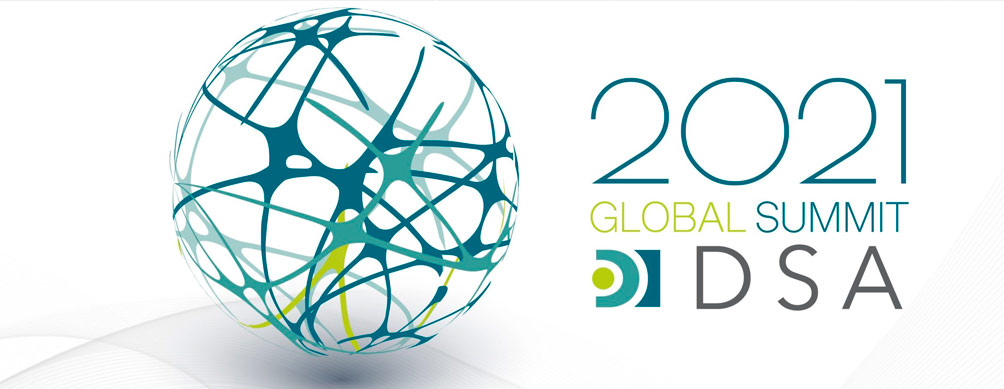
To round off our ninth successful DSA Global Summit, we were thrilled to present our DSA Global Summit awards to several well-deserving recipients. It is vital we continue to not only push for further global spectrum utilization, but to recognize those making strides in this area, setting an example for countries and organizations worldwide.
Award for Innovation in Dynamic Spectrum Access Policies
This award recognizes one policymaker or regulator who has demonstrated outstanding leadership in adopting and implementing policies making more spectrum available on an opportunistic basis. Following their decision to open the complete 5925-7124 MHz band (6 GHz band) for unlicensed access by restricted radiation devices earlier this year, and also for their efforts on modernizing their spectrum management framework and considering useful technologies for broadband access like TVWS, the DSA was glad to present this award to the National Telecommunications Agency of Brazil (ANATEL)!
According to a study requested by the DSA, optimzing the use of the 6 GHz band in Brazil will see huge economic benefits, up to the value of $163.5 billion in the next 10 years. The award was accepted by Taís Maldonado Niffinegger, Head of International Affairs of ANATEL on behalf of Chairman Leonardo Euler de Morais, who we welcomed on the first day of our Global Summit to give a Keynote address, in which he spoke about Improving Connectivity with better Spectrum Management. To view his presentation, see here.
Award for Increasing Digital Inclusion
The Award for Increasing Digital Inclusion recognizes an organization or individual who has successfully developed and/or deployed a spectrum-based technology and/or business model that has the potential to reduce the cost of internet access and get more people online. This year, Dr. Luis Fernando Castellanos, General Director of Programs and Projects at the Vice ministry of Communications was invited to accept this award on behalf of the Ministry of Transport and Communications (MTC), Peru!
Last month, the DSA celebrated MTC’s decision to to enable unlicensed access to the 6 GHz band, bringing benefits for Peruvians and the economy. According to a recent DSA study, unlicensed access to the 6 GHz band will add the economic value of US$ 15.83 billion in GDP contribution, US$ 3.6 billion in producer surplus to Peruvian enterprises, and US$ 3.40 billion in consumer surplus to the Peruvian population over the next 10 years. Thanks to the extensive internet usage in almost every aspect of our lives today such as remote education, work and commerce, this decision supports the modern digital ecosystem, and helps bridge the digital divide that is still evident across the globe.
Award for Wi-Fi Innovation
Our third and final award recognizes an organization or individual who has made significant contributions developing and/or deploying dynamic spectrum access technologies in support of Wi-Fi.
This year, the Award for Wi-Fi Innovation was presented to Mr. Mohammed Alabdulqader, receiving on behalf of the Communications, and Information Technology Commission (CITC). Since 2020, Saudi Arabia has successfully deployed more than 60,000 Wi-Fi access points to help provide Wi-Fi services in public areas such as schools and hospitals. Back in April, the DSA expressed its unanimous and enthusiastic support for CITC’s decision to open up the entire 6 GHz band for unlicensed access in Saudi Arabia. Not only is Saudi Arabia the first country in ITU region 1 to do so, but the first in the entirety of the Europe, Middle East and Africa region. The decision supports the development and use of innovative technologies such as Wi-Fi 6E, and is a key part of the Saudi Arabia National Spectrum Strategy 2025 and the Spectrum Outlook for Commercial and Innovative Use 2021-2023.
The winners of this year’s DSA Global Summit awards offer a fine example of the spectrum sharing successes of 2021. Throughout arguably one of the world’s most challenging years in recent history, the DSA is pleased to still see such excellent progress in the area of spectrum sharing.